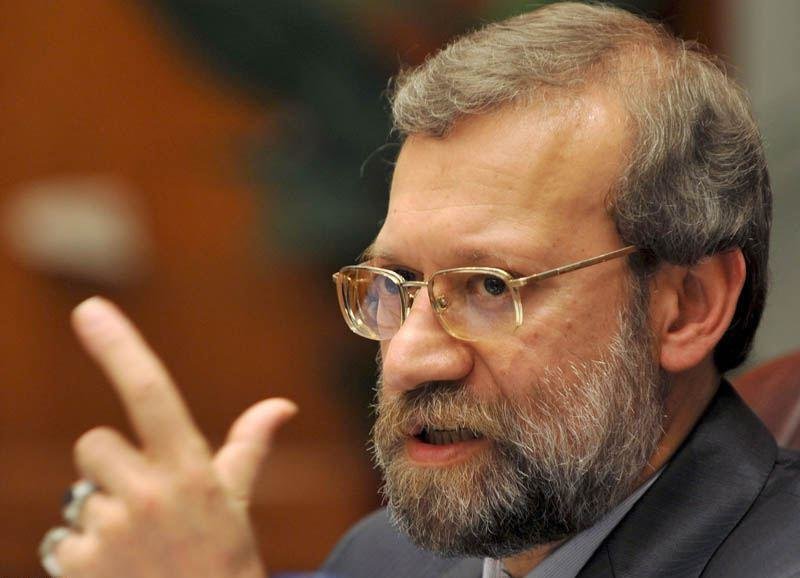Iran threatens to re-open enrichment facilities after UN report

TEHRAN – The Iranian parliament speaker asked the Atomic Energy Organization of Iran (AEOI) on Wednesday to prepare a plan for the re-opening of shuttered uranium enrichment facilities, reacting to the recent UN report on the implementation of the JCPOA.
“It is necessary for the Atomic Energy Organization (of Iran) to act in compliance with the law passed on the reopening of the nuclear plant to enrich uranium proportionate to the country’s needs and prepare a plan and keeps the Majlis (parliament) posted on it,” Ali Larijani said.
In June 2015, the Iranian parliament passed a legislation which obliged the government to preserve the country’s nuclear achievements if the country faced new sanctions.
The remarks by Larijani come after the UN Security Council briefing on the first report of the secretary general on the implementation of resolution 2231 adopted immediately after the conclusion of the nuclear deal between Iran and great powers in July 2015.
Iran has strongly objected to the report, calling it “biased” and “unrealistic.”
While ambiguous, Larijani should be referring to the Natanz and Fordow facilities by the “nuclear plant.”
Clarifying Larijani’s words, AEOI Director Ali Akbar Salehi said Larijani had meant reversing the stalled uranium enrichment program.
Under the nuclear deal signed last July between Iran and six global powers, Iran agreed to keep its level of uranium enrichment at up to 3.67 percent in the Natanz Enrichment facility and refrain from any uranium enrichment and uranium enrichment R&D at the Fordow Fuel Enrichment Plant (FFEP).
Larijani says “diversionary actions” by the U.S. administration, the House of Representatives, and the Senate against the nuclear deal have reached a point where Iran has “no other option but to retaliate”.
The demand on the AEOI is seen as a response to what Larijani described as Washington’s “diversionary actions” against the JCPOA.
“While regretting the UN secretary general’s move, the Majlis warns the U.S. administration, the House of Representatives and the Senate that diversionary actions against the nuclear deal have reached a point where Iran has no other option but to retaliate.”
While warning Iran against ballistic missile launches, the recently issued report quoted UN Secretary General Ban Ki-moon as having said that tests “have the potential to increase tensions in the region.”
The report also addresses irrelevant issues such as “possible foreign travel undertaken by Major General Qasem Soleimani…,” which Larijani rejected as “cheap”.
In a similar vein, the U.S. and Russia slammed the report, saying it violates the spirit of the deal.
"The United States disagrees strongly with elements of this report, including that its content goes beyond the appropriate scope. We understand that Iran also disagrees strongly with parts of the report," the U.S. Ambassador to the United Nations, Samantha Power, told the Security Council on Monday.
Russian Permanent Representative to the United Nations Vitaly Churkin also told a Security Council session on Monday that the report “is not fitting the necessary business rhythm. The document is politically motivated and goes far beyond the frames of factual summary of the course of the implementation of Security Council Resolution 2231."
AK/PA
